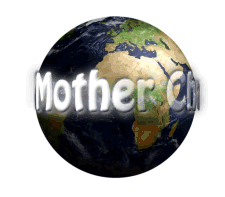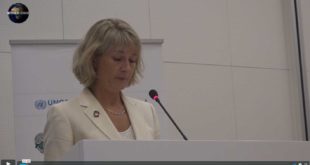Many of the Large Ocean Nations are small island developing states. A thriving fishing industry based on fair competition and the sustainable use of the ocean is crucial for a viable blue economy that will support the well being of their populations, but large ocean nations have limited capacity to manage and control their vast ocean spaces alone. And transnational organised fisheries crime is a constant threat distorting the markets, stunting economic growth and undermining basic human rights. Illegal fishing, corruption, tax and customs fraud, document fraud and human trafficking all frustrate the realisation of blue growth. Large ocean nations in the Pacific are almost some of the most vulnerable countries to climate change from rising sea levels. Cooperative action amongst large ocean nations is required to discourage and combat fisheries crime in the global context. A crucial initiative towards this, is the establishment of dedicated forums to address these issues. The Faroe Islands, with the support of the Nordic countries, hosted the Large Ocean nations forum on Blue Growth in 2017, and in 2018 Nordic countries supported the launch of the dedicated Large Oceans Nations Forum on Transnational Organised Fisheries Crime. Inter agency cooperation between relevant government agencies at a national, regional and international level, is crucial to investigate and address fisheries crime, with particular support to small island developing states. Policies and legal frameworks to this end will support the achievement of many United Nations sustainment development goals.
Sao Tome, being an island that is very far away from the coast, the population is very much dependent in fish for their protein resources. There are attempts also to create meat production that I don’t think will take off quickly and also has its own environmental issues. With an increasing population the coastal regions get quite a bit of stress in…
 Mother Channel Environmental, climate change news and media.
Mother Channel Environmental, climate change news and media.



